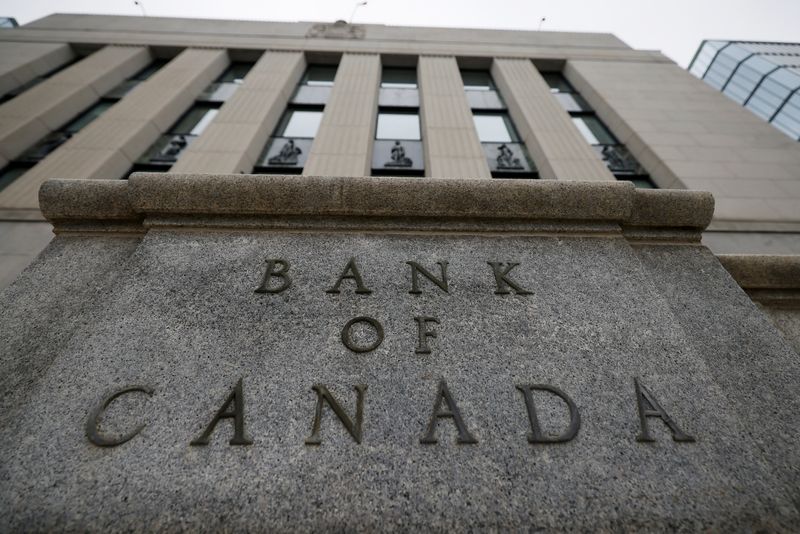Now That Wall Street Is Officially Using Bitcoin ETFs As Collateral, Is Rehypothecation And Another Financial Crisis Next?
This is not investment advice. The author has no position in any of the stocks mentioned. Wccftech.com has a disclosure and ethics policy.
Over the decades, Wall Street's financial engineering has led to periodic crises as the world's largest financial engine continues to search for that holy grail of assets: a perfectly liquid, income-generating instrument that can also act as a hedge when needed. In the 1980s, it was portfolio insurance that rocked the markets, in the 2000s, it was collateralized debt obligations (CDOs), and in 2020s, it might be Bitcoin ETFs.
To wit, Bloomberg is now reporting that JP Morgan - whose CEO Jamie Dimon remains one of the most vocal and persistent Bitcoin critics - has started accepting Bitcoin ETFs, or more specifically, BlackRock's iShares Bitcoin Trust ETF (IBIT), as a valid collateral for its lending/financing activities.
What's more, the Wall Street titan will finally start taking into account an individual's crypto holdings when computing personal net worth.
IBIT is a 40 vol asset, that is up 50% YoY.
And 99% of pension funds don’t own it.
— James Van Straten (@btcjvs) June 4, 2025
Of course, this development bodes well for IBIT, whose holders will no longer be compelled to liquidate their holdings to access liquidity in case of an emergency.
Additionally, JP Morgan's move might encourage other Wall Street banks to also start accepting Bitcoin ETFs - beginning with BlackRock's offering as it leads others in terms of volume and liquidity - as an acceptable form of collateral for lending activities.
However, the risk factor here emerges from any potential rehypothecation, where an already pledged asset is used as collateral in another lending tranche, courtesy of financial abracadabra with arcane instruments as intermediaries.
What's to stop JP Morgan from potentially re-packaging pledged units of BlackRock's Bitcoin ETF into another complex financial instrument to generate additional yield?
We are, of course, not suggesting that JP Morgan will necessarily opt for this route. This is, instead, a clarion call for regulators to stay vigilant, and nip any ensuing financial wizardry in the proverbial bud.
As a parting shot, do note that Cantor Fitzgerald has already launched its Bitcoin-based lending service for select institutional investors, furnishing them with the requisite leverage to bring "scale, structure, and sophistication to the digital asset industry."
We leave it to our well-informed readers to opine on these back-to-back developments. Do you think Wall Street can resist the temptation that Bitcoin's potential rehypothecation represents? Let us know your thoughts in the comments section below.
Content Original Link:
" target="_blank">













































